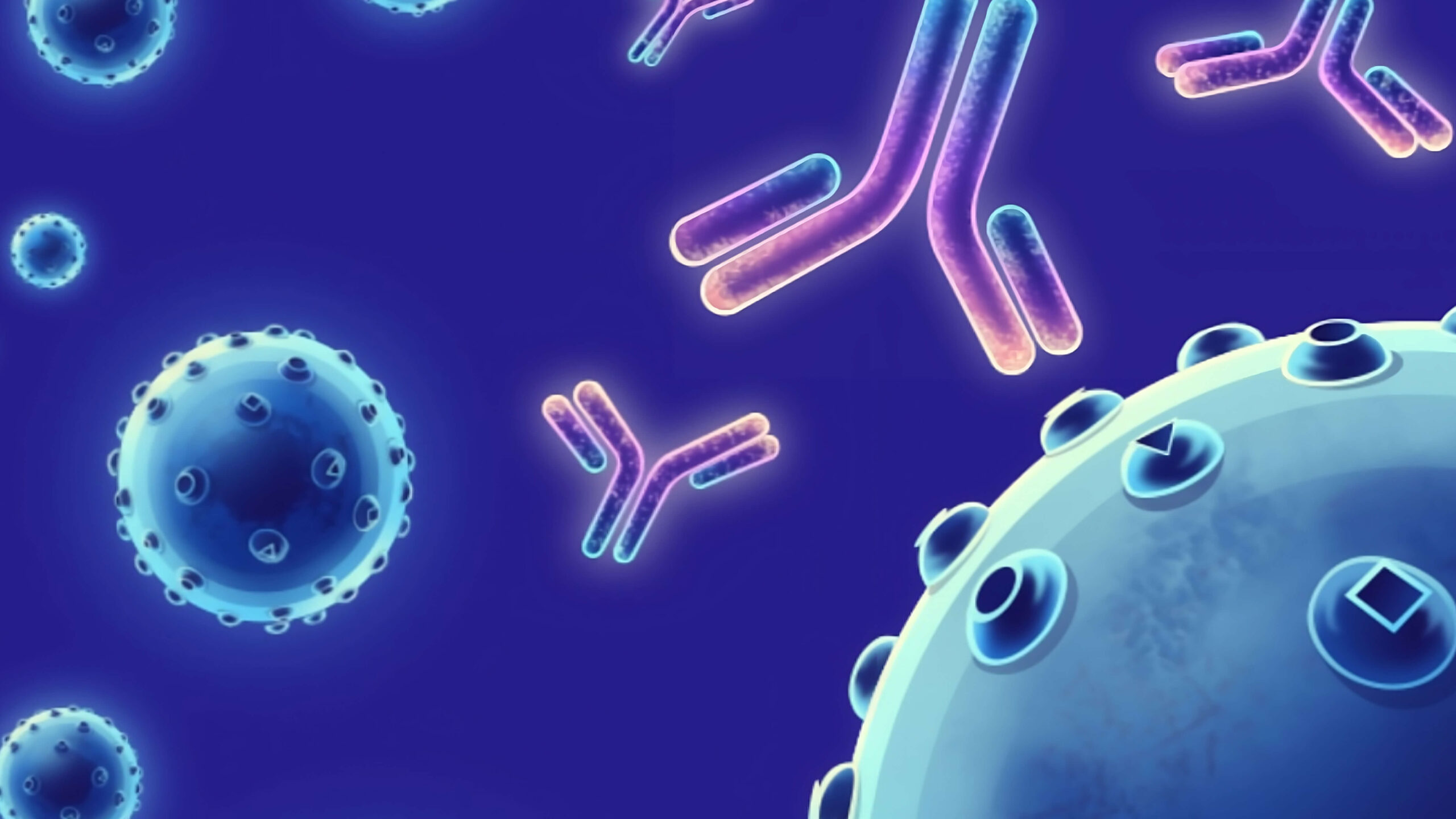Description
Cadherins are calcium-dependent cell adhesion proteins, and they preferentially interact with themselves in a homophilic manner in connecting cells. Cadherin 2 (CDH2), also known as N-Cadherin (neuronal) (NCAD), is a single-pass transmembrane protein and a cadherin containing 5 cadherin domains. N-Cadherin displays a ubiquitous expression pattern but with different expression levels between endocrine cell types. CDH2 (NCAD) has been shown to play an essential role in normal neuronal development, which is implicated in an array of processes including neuronal differentiation and migration, and axon growth and fasciculation. In addition, N-Cadherin expression was upregulated in human HSC during activation in culture, and function or expression blocking of N-Cadherin promoted apoptosis. During apoptosis, N-Cadherin was cleaved into 20-100 kDa fragments. It may provide a novel target for therapies that are directed toward intimal proliferative disorders, including restenosis and vascular bypass graft failure. N-Cadherin is associated with tumor aggressiveness and metastatic potential and may contribute to tumor progression.
Target
CDH2
Target Alias Names
CD325, CDHN, CDw325, NCAD
Isotype/Mimetic
Rabbit IgG
Animal-Derived Biomaterials Used
Yes
Sequence Available
No
Original Discovery Method
Phage display technology
Antibody/Binder Origins
Animal-dependent discovery (in vitro display, OR immunisation pre-2020), In vitro recombinant expression, Animal-derived biomaterials used in production or final formulation

